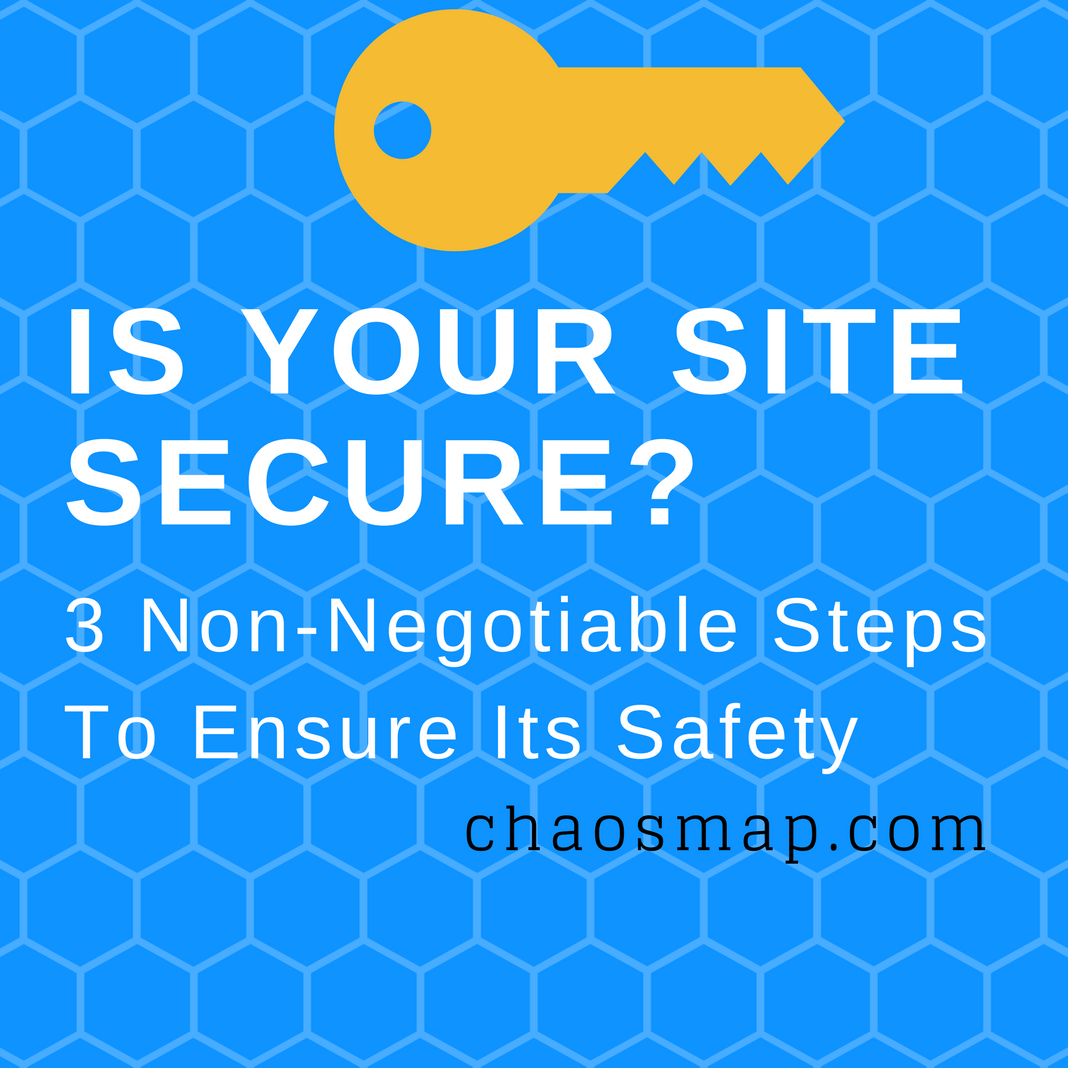With big box stores continuing to lose some of their cachet, it’s no secret that e-commerce websites are quickly becoming the wave of the future.

And it seems to make sense; after all, many consumers enjoy the ease and convenience of making purchases quickly and securely online with the click of a button, rather than forging through traffic and waiting in long lines.
If you’re an e-commerce business owner, offering convenience and safety to your customers when they buy from you can help you retain and gain even more loyalty.
That’s what you should aim to do, anyway.
But just how safe is your e-commerce site and your customers’ sensitive information? If you’re not sure, here are some steps you can take to ensure your site exemplifies the height of security.
1. Choose a Secure Platform
The first step in keeping an e-commerce website secure is choosing a highly-secure platform.
Experts say choosing a platform that offers cutting-edge programming and can be safeguarded against cyber thieves is your best bet.
Furthermore, experts point to utilizing a secure, encrypted connection at checkout to ensure your business is compliant with the Payment Card Industry Data Security Standards.
Using SSL certificates for authenticity and encryption is vital in securing your customers’ — and your company’s — financials.
Cyber security experts also caution against the storage of sensitive data and encourage e-commerce site owners to opt against it.
They say it isn’t necessary — and potentially dangerous — to store customers’ credit card information for any period of time.
Instead, ecommerce site owners should only keep the bare minimum amount of data (for example, what’s needed for possible refunds) on file and rid their database of old records.
This protects your customers from potential theft.
2. Ward Off Hackers
Today, more than ever, hackers are compromising consumers’ credit cards and personal information from e-commerce sites around the globe.
In fact, web hacks increased a whopping 30-plus percent in recent years. As an e-commerce website owner, you must provide your customers and prospects with reassurance and protection from would-be hackers.
To prevent fraud, experts recommend initiating an alert notification system for any suspicious activity on your IP address.
For example, red flags should be raised if several orders come from one customer with different payment methods or who lists contact information that doesn’t match their billing information.
Additionally, consider adding layered security to maintain the safety of your website and protection from hackers.
That’s why firewalls should take priority. And requiring customers to log in to their account to make purchases helps add an additional layer of protection, particularly from compromises on applications.
3. Invest in Military-Grade Cloud Data Protection
Implementing cloud-data protection that you can count on to protect your and customers’ information is non-negotiable for your e-commerce site.
If you’re in the market for a cloud-based solution, your research may point you to providers like Mozy, which offers military-grade protection to give you the security you need to safeguard customers’ information.
And whether you want to schedule cloud storage backups daily, weekly or monthly, Mozy allows you to choose and schedule accordingly.
Studies indicate that losing important files for even one day can cause critical damage to most businesses.
In fact, the loss of this collateral can compromise not only your financials, but also your good name — which can affect current and future customers.
Server protection is vital — and that’s why it’s key you choose a dependable service provider whom you can trust.
NEED SOME HELP? Contact Us Here and schedule your time.